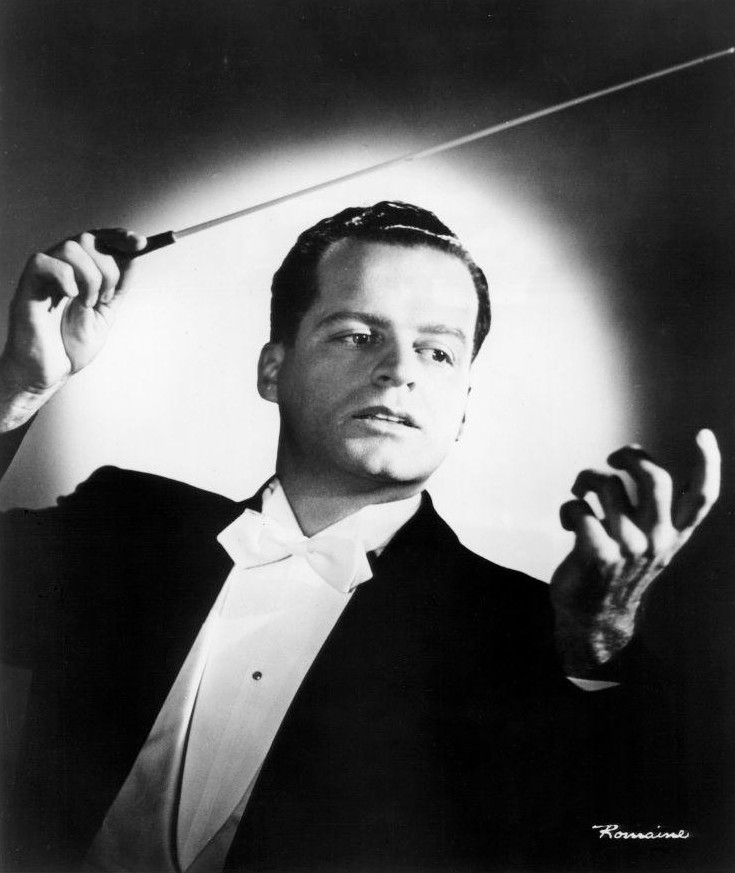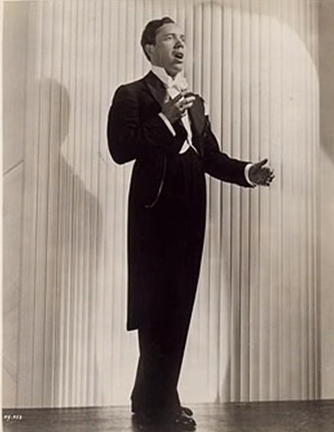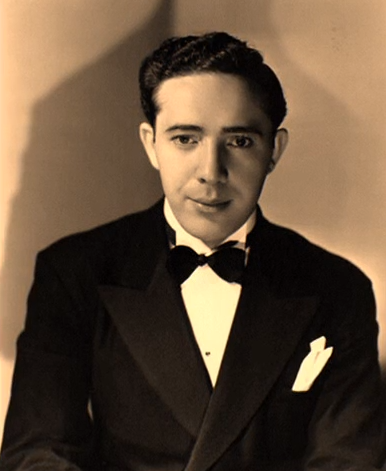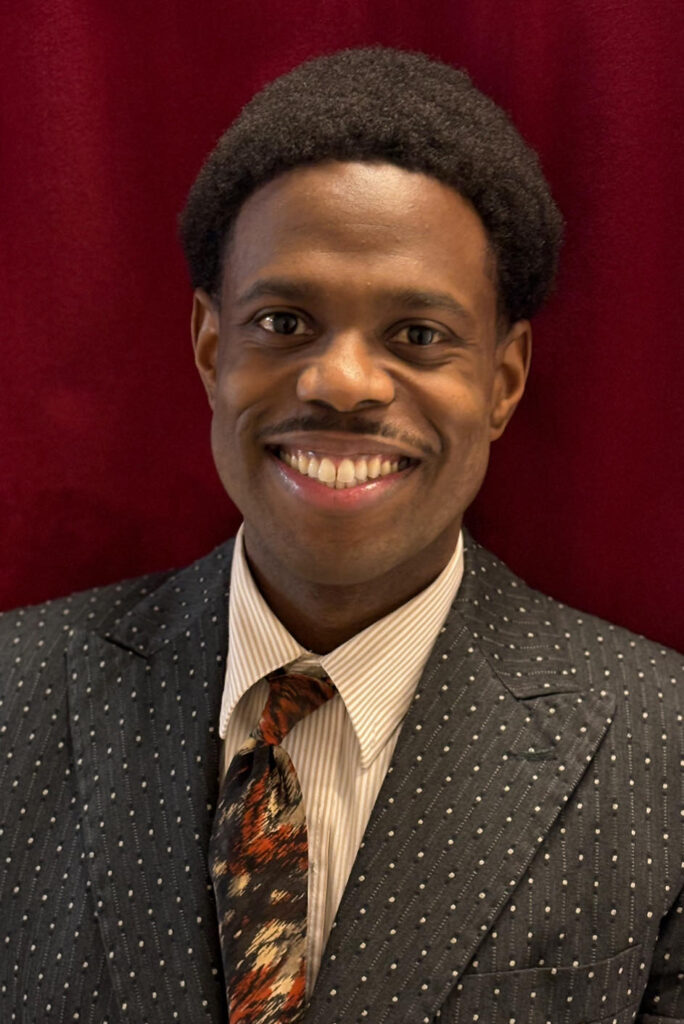Episode 251. Jeremy Osborne Introduces Igor Gorin
SOCIAL SHARE
SUBSCRIPTION PLATFORM
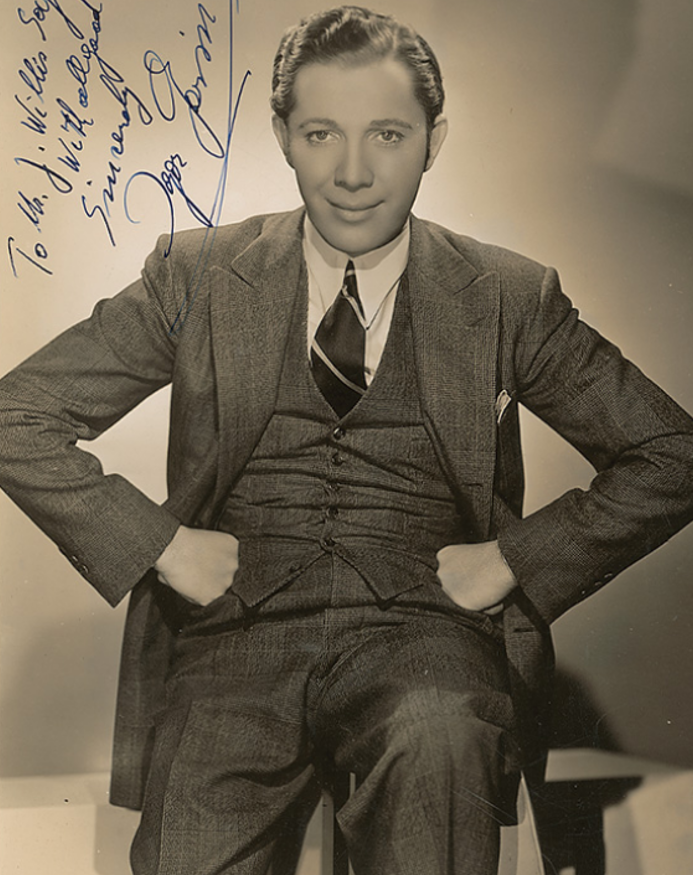
Today’s segment in the Great Baritones division of my Listeners’ Favorites series is introduced by my friend, baritone Jeremy Osborne, like me an American expat in Berlin. In the nearly ten years that I have known him, Jeremy has developed into a fine singer of both opera and art song. Through talent, determination, and hard work, Jeremy is forging a well-deserved place for himself in the music world. The singer he has chosen to introduce on this episode is the the great Ukranian-American baritone Igor Gorin (1904-1982). Jeremy shares with us the story of how he first became acquainted with Gorin’s exceptional talent. and the context in which he, like me, was bowled over by the sheer beauty of his voice. If one made such ranking lists, in fact, we would probably both place him near the top of a “Most Beautiful Baritone Voices Ever” list. Gorin’s is a fascinating life story, beginning in pre-Soviet Ukraine and moving back and forth from Vienna to the United States until finally, with forged documents, he emigrated to the US and became a naturalized citizen. Through a series of happy circumstances, he became one of the top US radio stars of the 1930s and 1940s and eventually appeared as well on early television broadcasts. A career in regional opera resulted, which reached its apex with starring roles at Lyric Opera of Chicago and a single appearance at the Metropolitan Opera at the age of 59. This episode features live, radio, and studio performances by Gorin in opera, operetta, Broadway, and folk and art songs over a period of nearly 40 years, including a live late career performance of Ernest Bloch’s Avodath Hakodesh, in which he returned to his cantorial roots. Whether you, like Jeremy, are already a passionate devotee of this artist, or if this is your first encounter with him, you are in for a treat.
A bonus episode on Igor Gorin on my Patreon page, produced at the time this
episode was first heard more than three years ago, includes complete
performances of two constrasting song cycles by Modest Mussorgsky, The
Nursery and the Songs and Dances of Death.
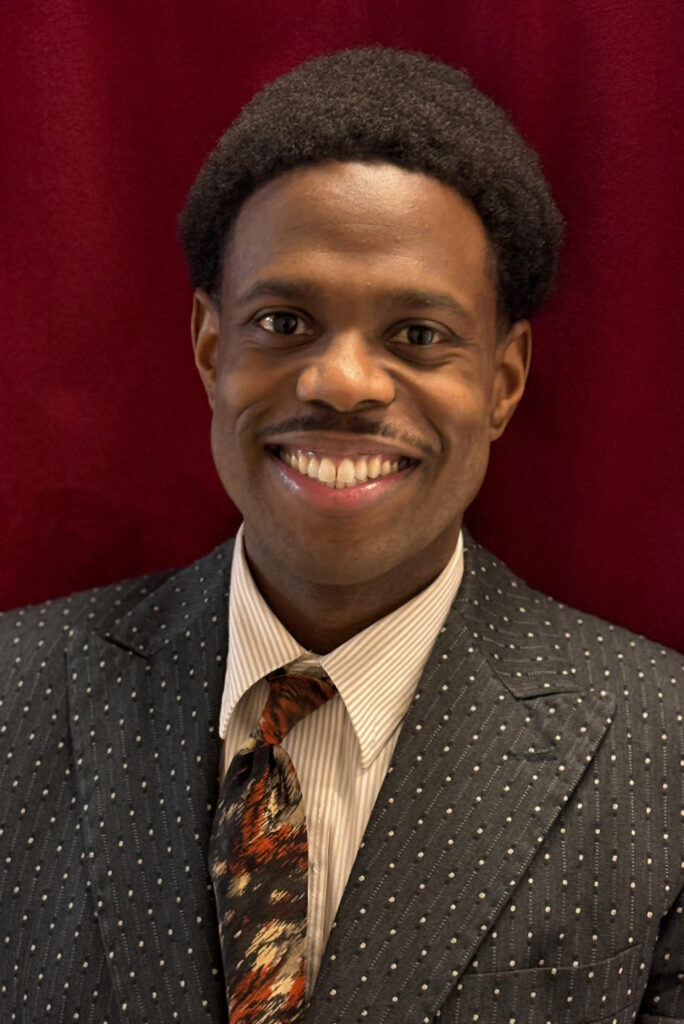
RECORDINGS HEARD IN THIS EPISODE
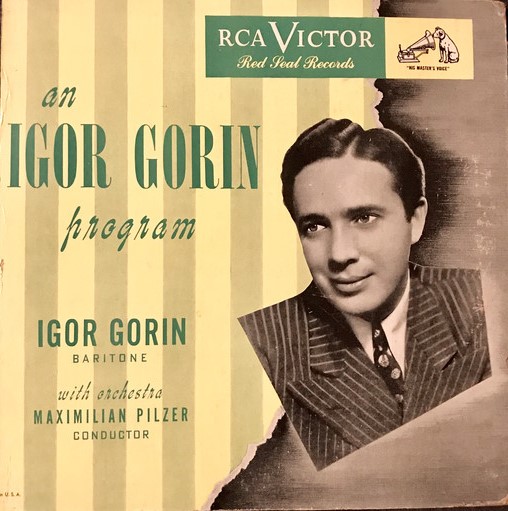
All selections feature Igor Gorin.
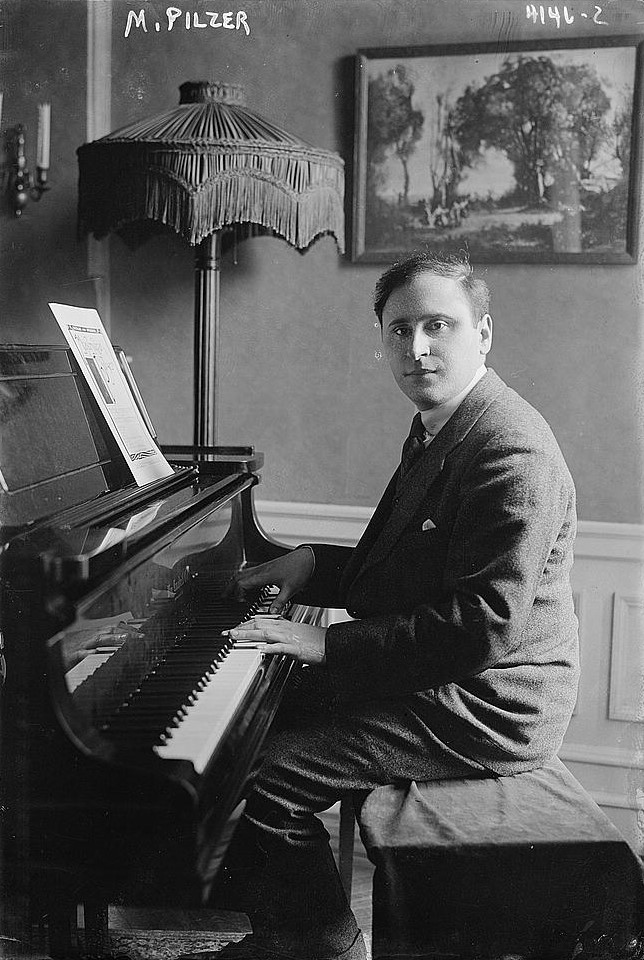
Russian Folk Song: Очи чёрные [Dark Eyes]. Orchestra conducted by Maximilian Pilzer [1946]
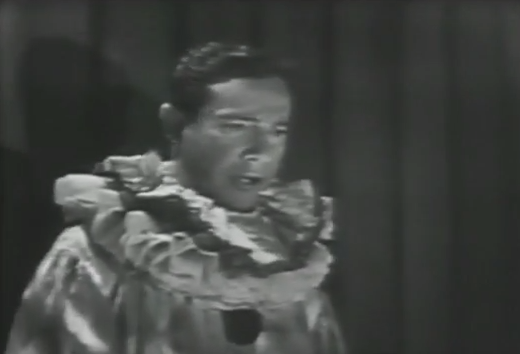
Ruggero Leoncavallo: Un nido di memorie (Pagliacci). Orchestra conducted by Wilfred Pelletier [1938]
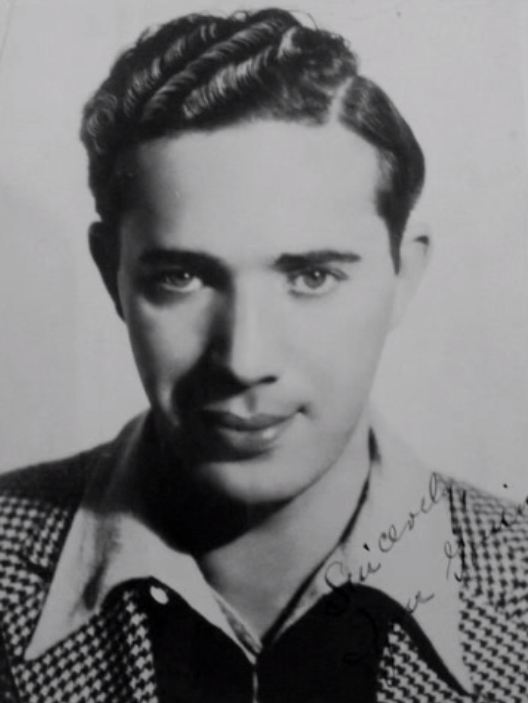
Ruggero Leoncavallo: E voi, piuttosto (Pagliacci). Orchestra conducted by Donald Voorhees [1955]
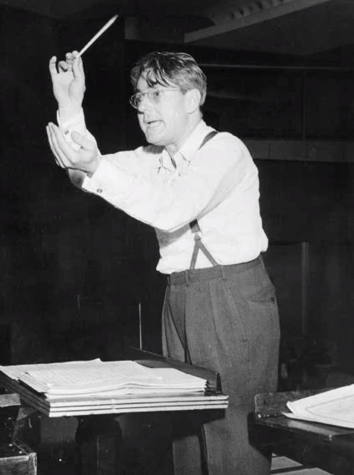
Idabelle Firestone, Madeleine Marshall: If I Could Tell You. Howard Barlow conducting the Firestone Orchestra [Voice of Firestone 22 February 1946]
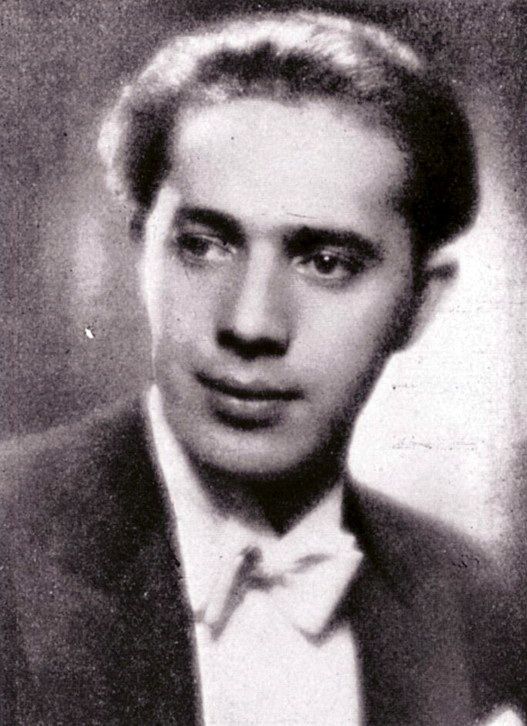
Irving Berlin: What’ll I Do; Always [radio broadcast 1937]
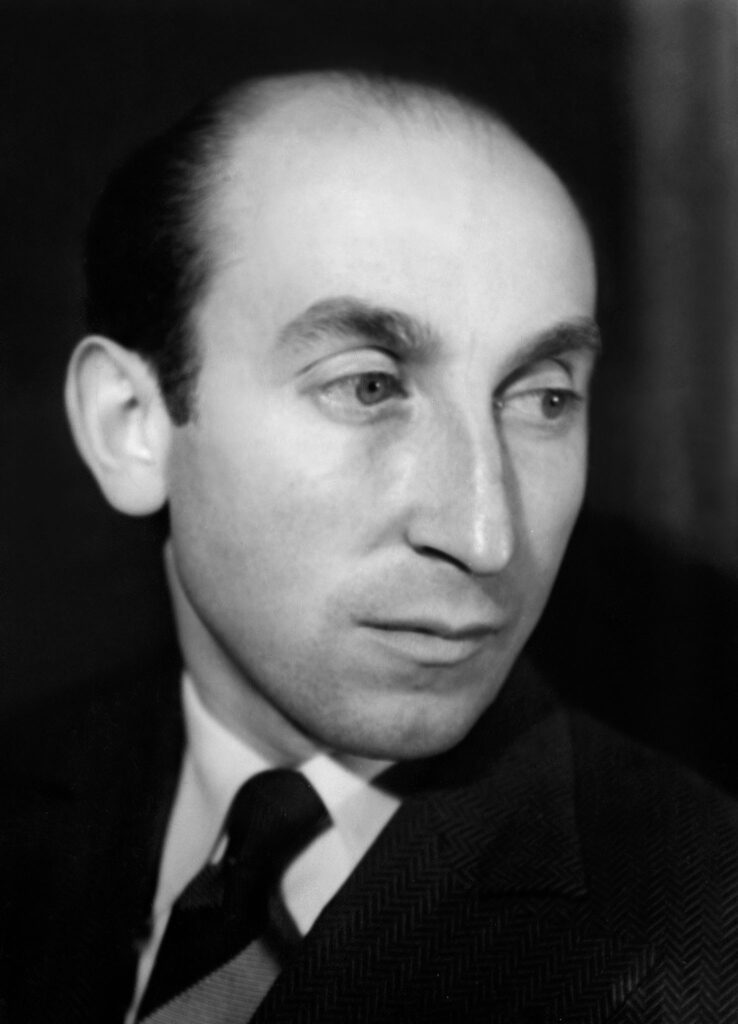
Mischa Spoliansky, Frank Eyton: Tell Me Tonight [Heute Nacht oder nie]. Howard Barlow conducting the Firestone Orchestra [Voice of Firestone ca. 1946]
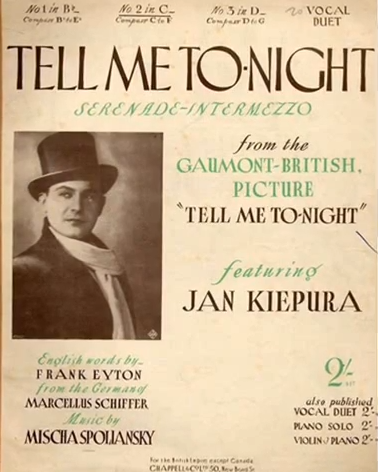
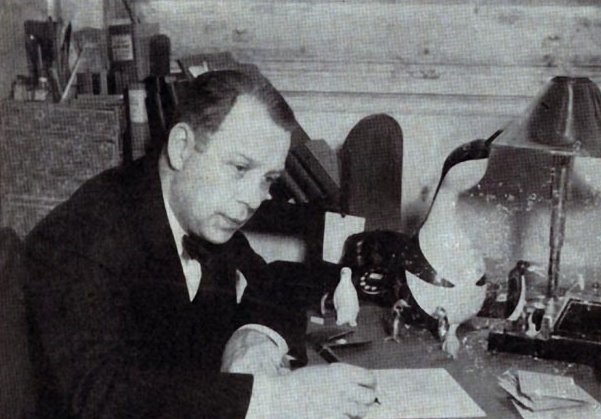
Gioacchino Rossini: Largo al factotum (Il barbiere di Siviglia). Orchestra conducted by Wilfrid Pelletier [1938]
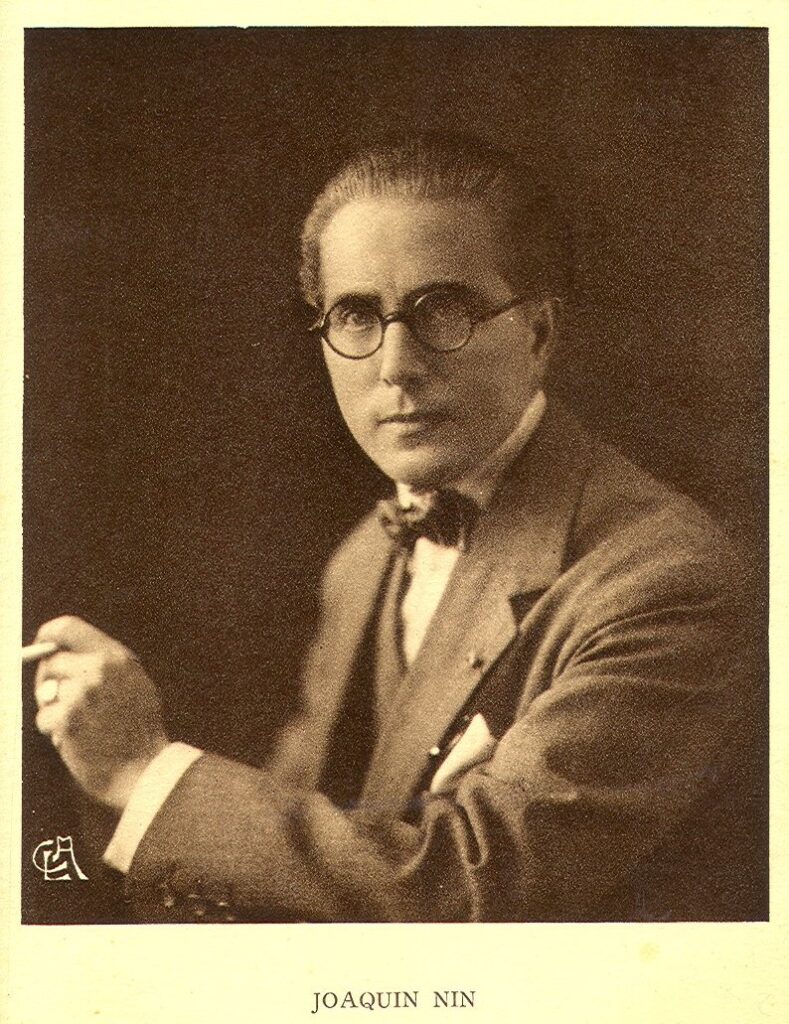
Spanish Folk Song, arr. Joaquín Nin: El vito. Adolf Baller, piano [1939]
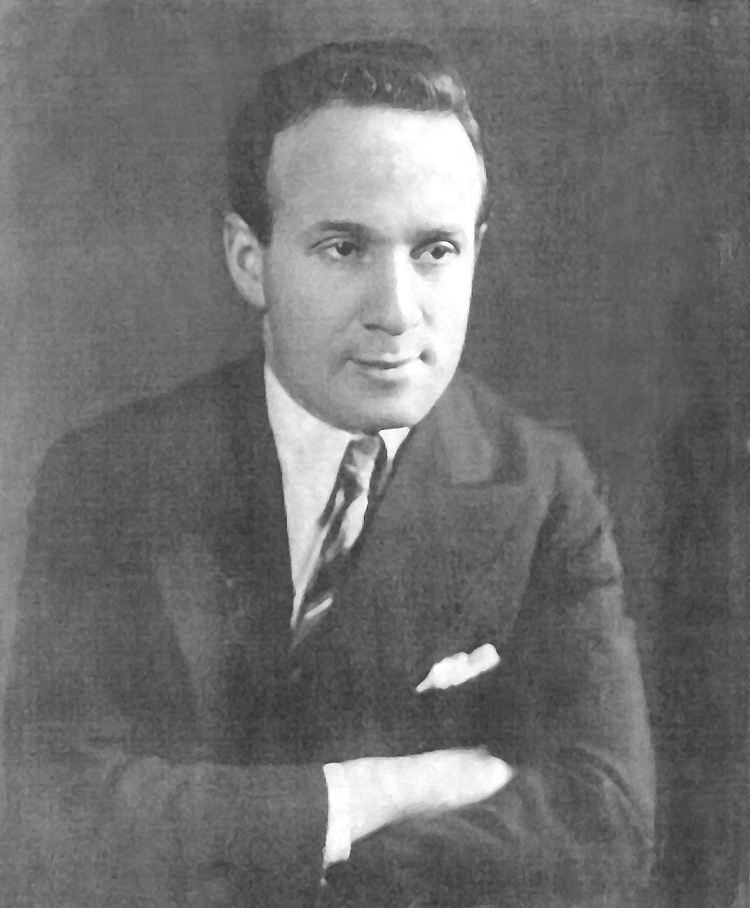
Caucasian Folk Song: Caucasian Melody. Orchestra conducted by Nathaniel Shilkret [1937]
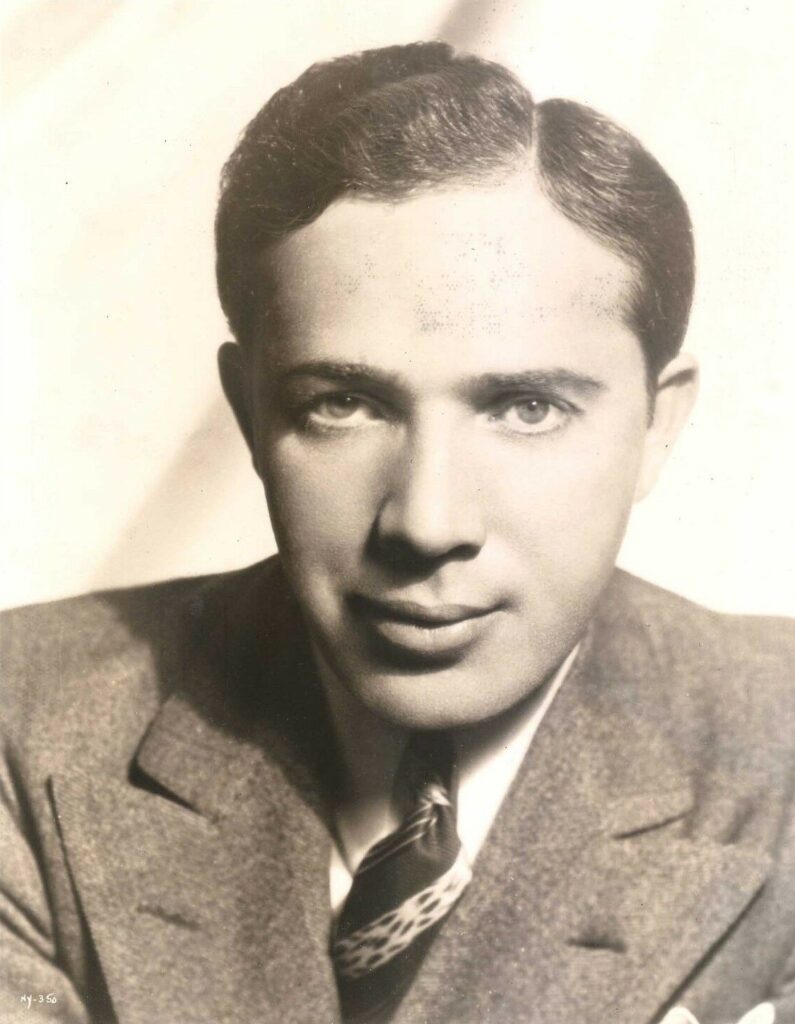
Caucasian Folk Song, arr. Nicolai Bolin: Kasbek. Orchestra conducted by Nathaniel Shilkret [1937]
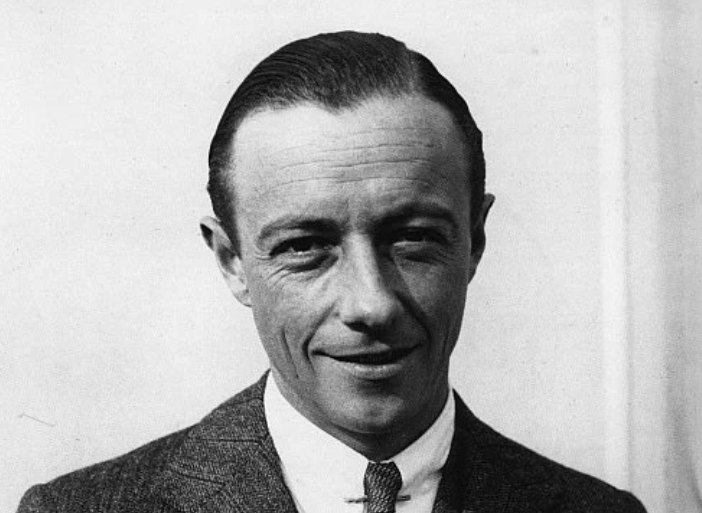
Vincent Youmans, Edward Heyman: Through the Years (Through the Years). Victor Orchestra conducted by Maximilian Pilzer [1946]
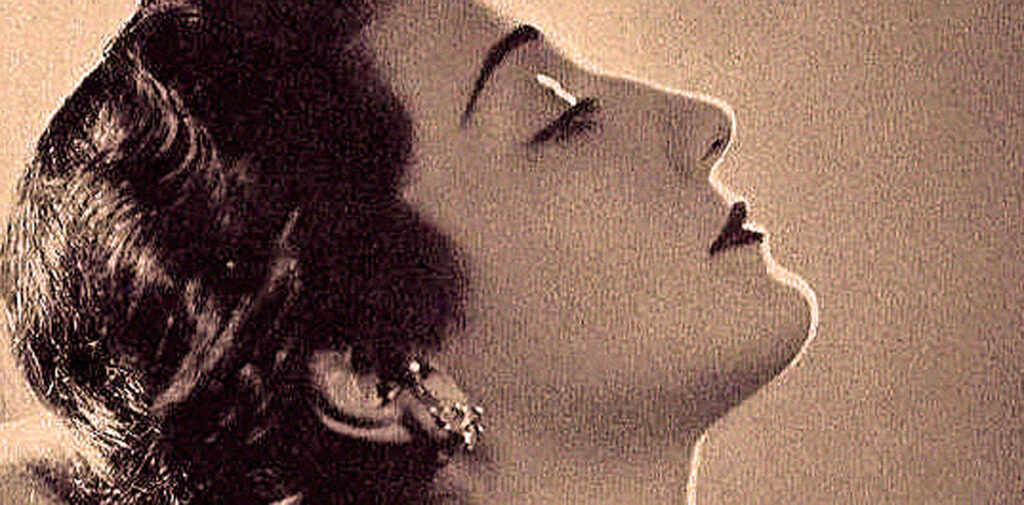
Fritz Kreisler, Victor Jacobi: You Are Free (Apple Blossoms). Stella Roman; Firestone Orchestra conducted by Howard Barlow [Voice of Firestone 22 April 1946]
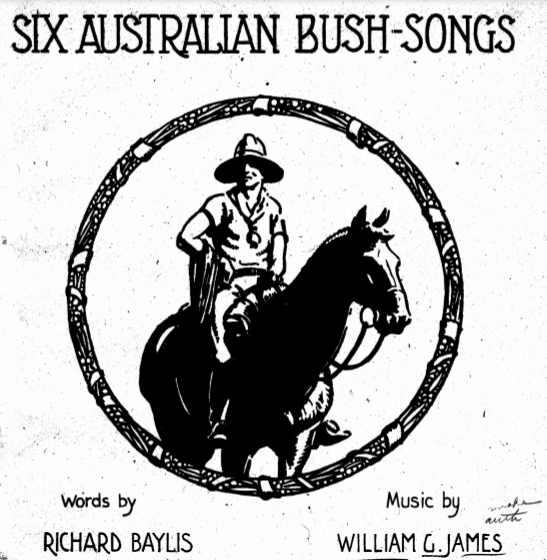
William G. James, Richard Baylis: Bush Silence (Six Australian Bush Songs, No. 2). Henry Penn, pianist [Adelaide Town Hall Recital, 24 October 1959]
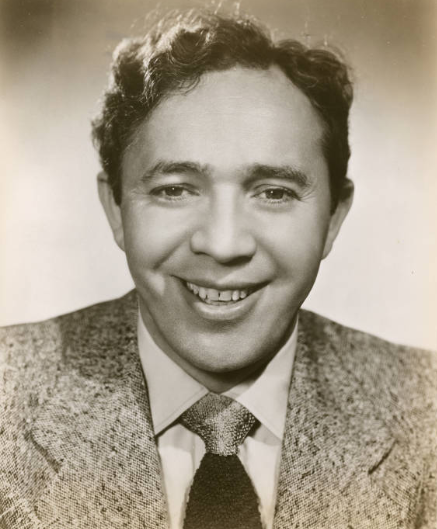
Francis Poulenc, Anonymous text: La belle jeunesse (Chansons gaillairdes, No. 7). Henry Penn, pianist [Adelaide Town Hall Recital 24 October 1959]
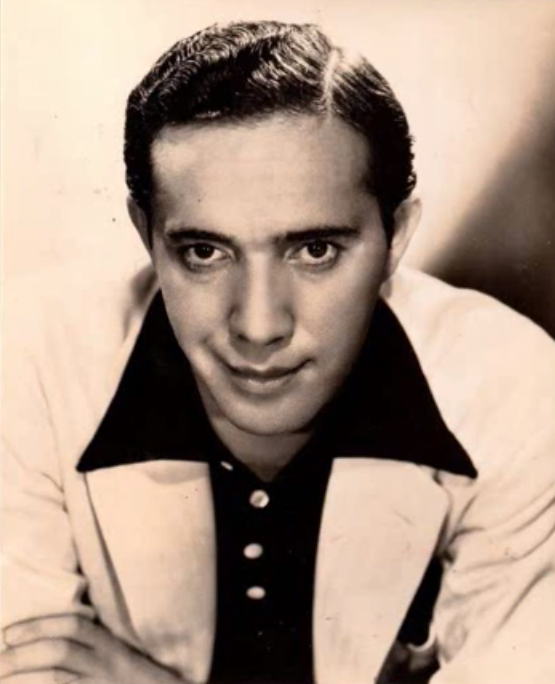
Alessandro Scarlatti: Son tutto duolo. Henry Penn, pianist [Adelaide Town Hall Recital 24 October 1959]
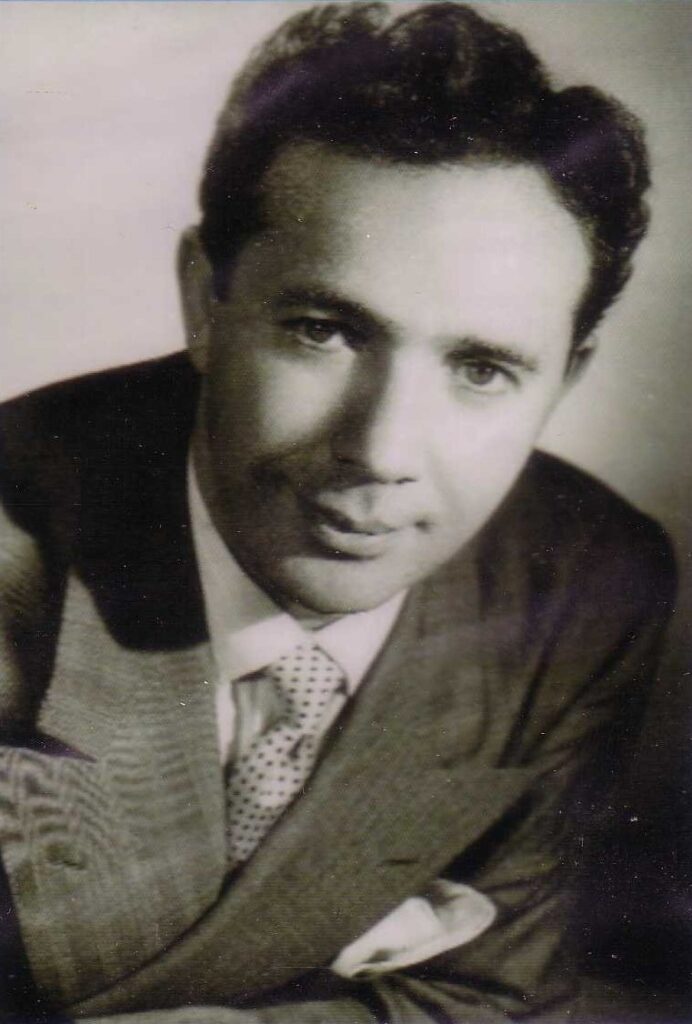
Antonio Vivaldi: Di due rai languir costante. Willard Straight, pianist [1961]
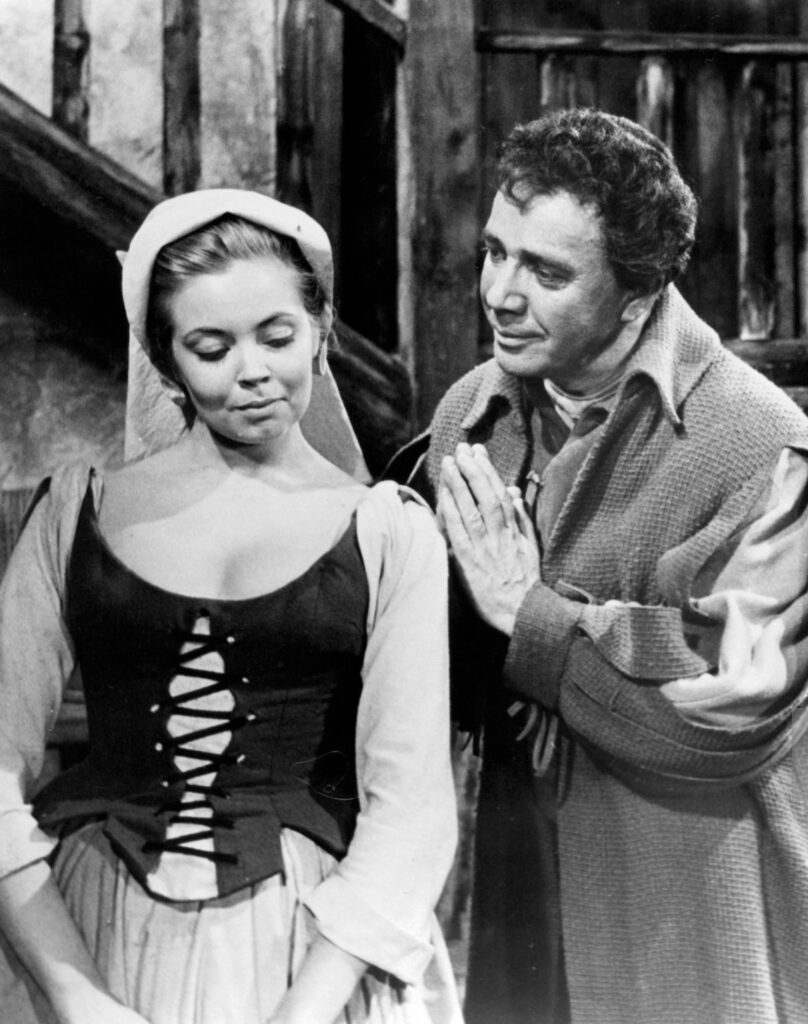
Antonio Sarti: Lungi dal caro bene (Giulio Sabino). Unidentified pianist [1976]
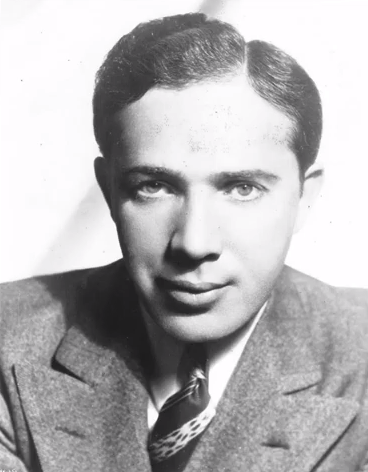
Giuseppe Verdi: Dagli immortali vertici (Attila). Orchestra conducted by Bruno Reibold [1941]
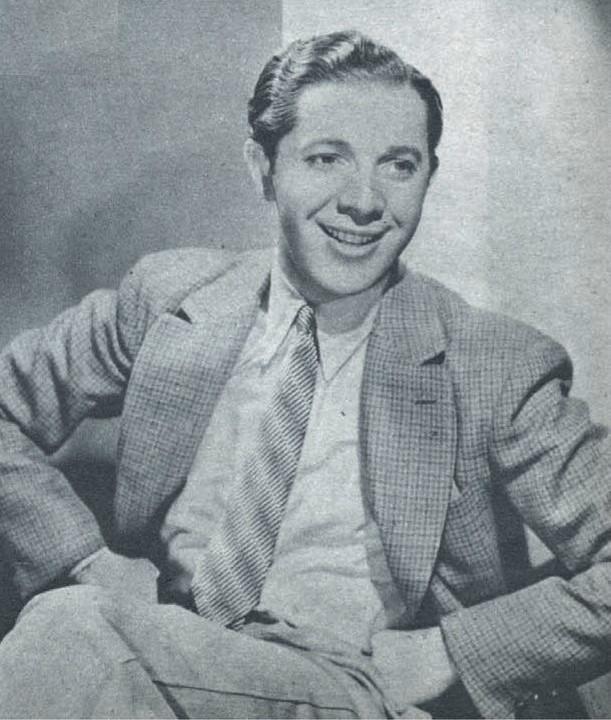
Gaetano Donizetti: Se ancor m’è dato a stringerti (Maria di Rohan). Unidentified pianist [1966]
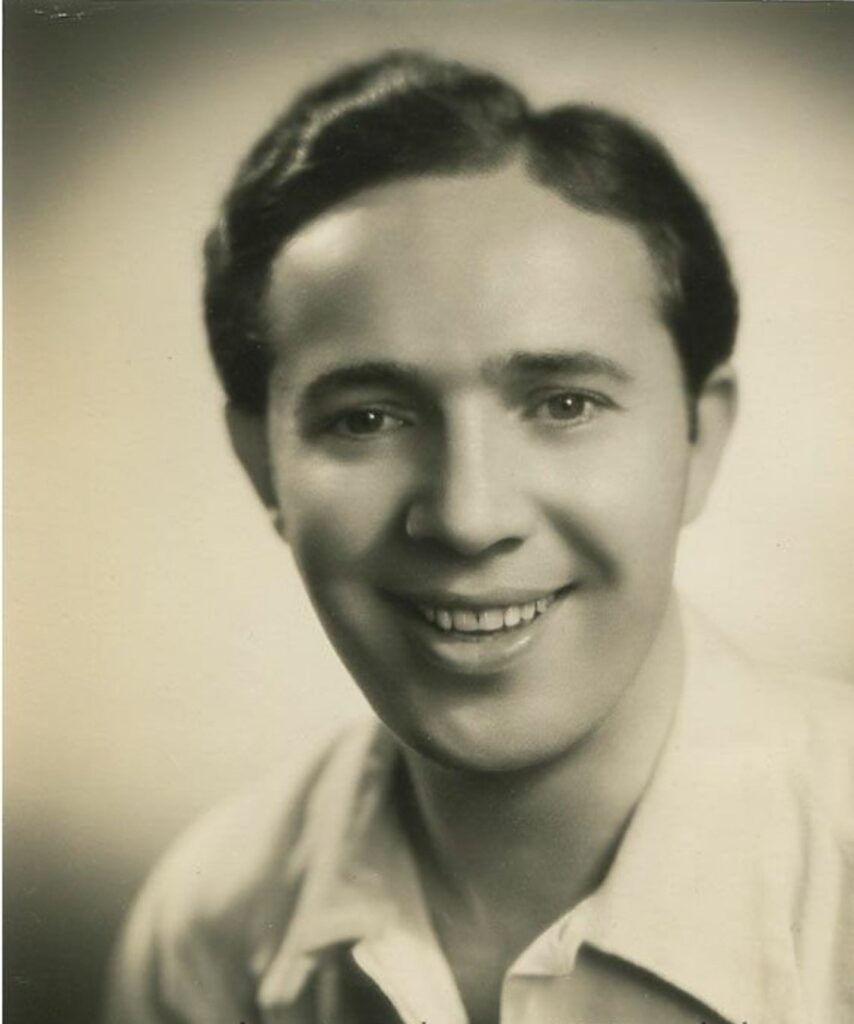
Modest Mussorgsky: All is quiet in the camp (Khovanshchina). Orchestra conducted by Charles O’Connell [1942]
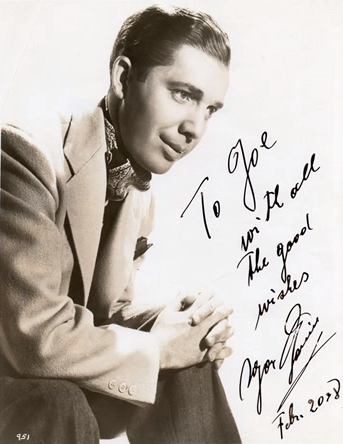
Modest Mussorgsky: Reverie of the Young Peasant (The Fair at Sorotchinsky). Max Rabinowitsch, pianist [1939]
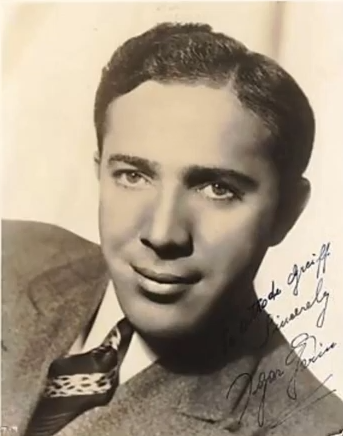
Modest Mussorgsky: Где ты, звездочка? [Where art thou, little star?]. Max Rabinowitsch, pianist [1939]
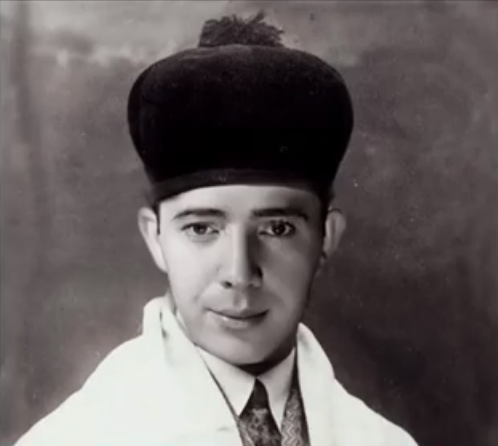
Ernest Bloch: Tzur Yisroel (Avodath Hakodesh). Siegfried Landau conducting the Brooklyn Philharmonia Choral Society and Orchestra [Brooklyn 15 February 1964]
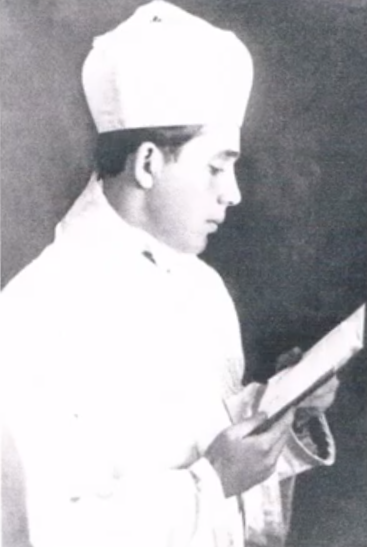
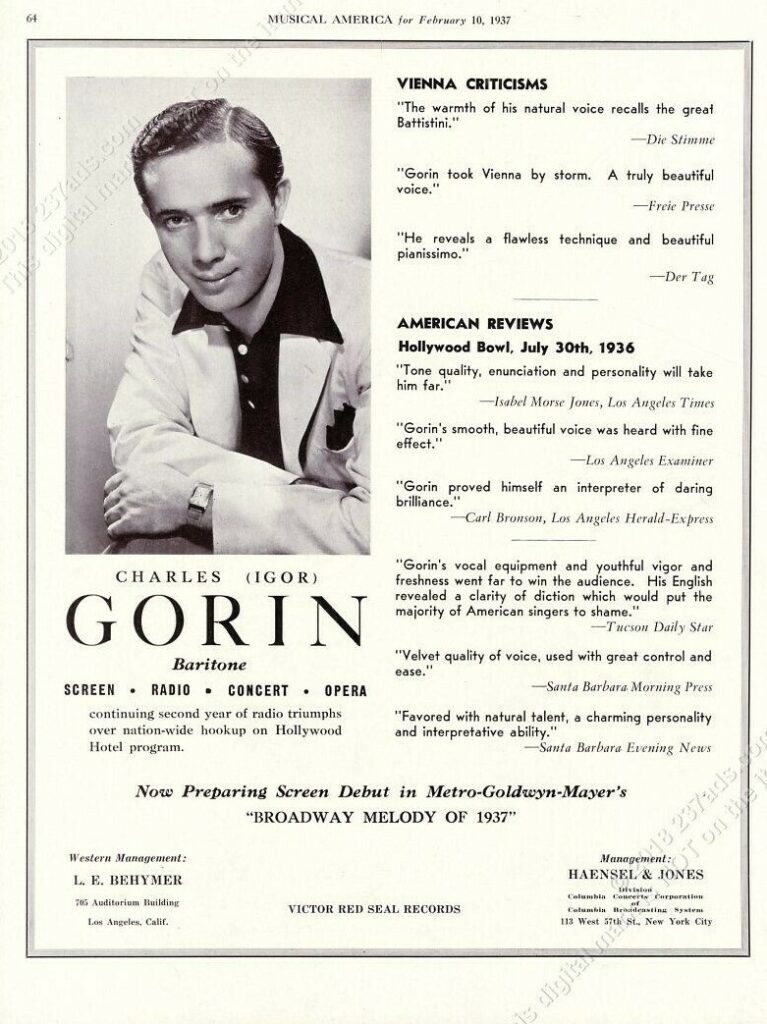
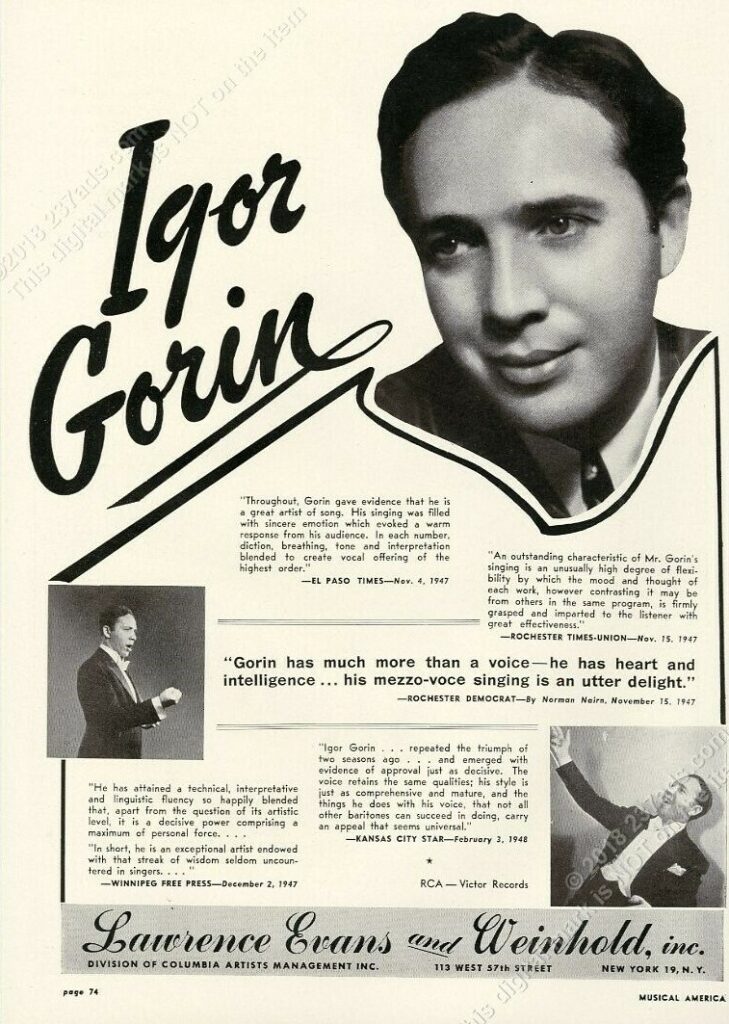
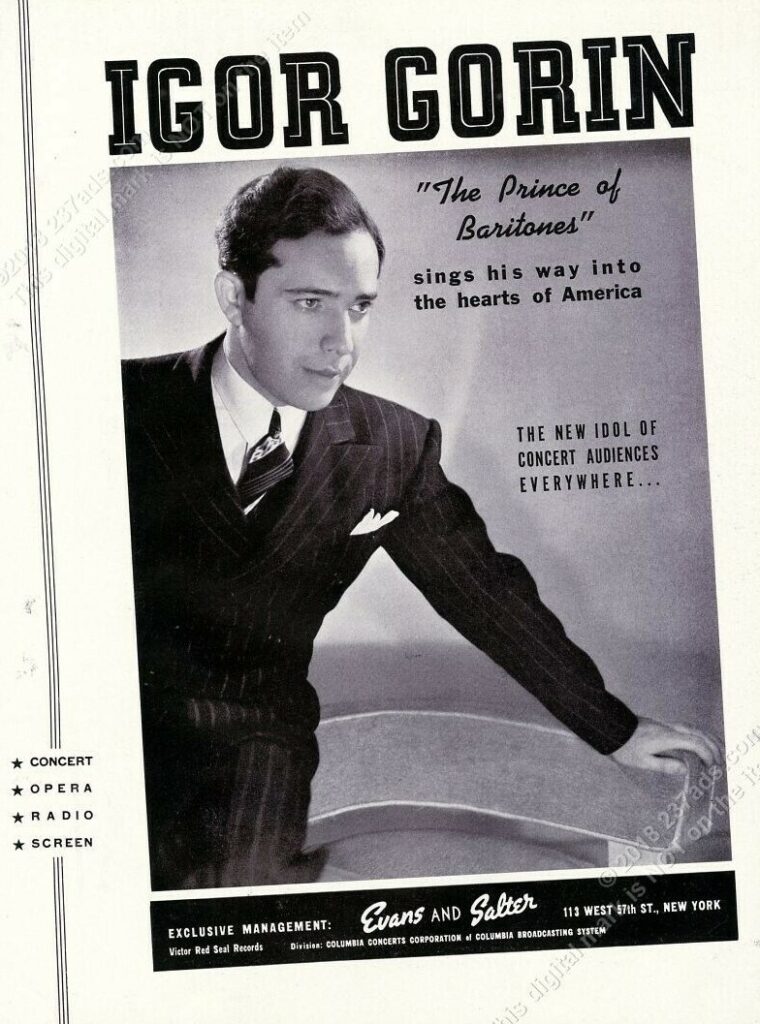
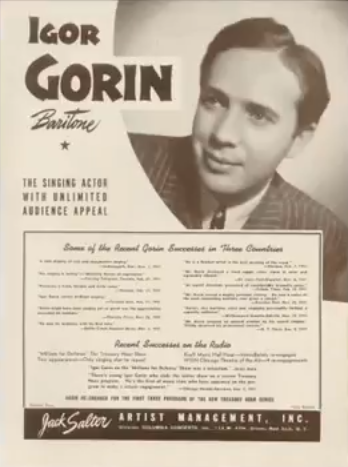
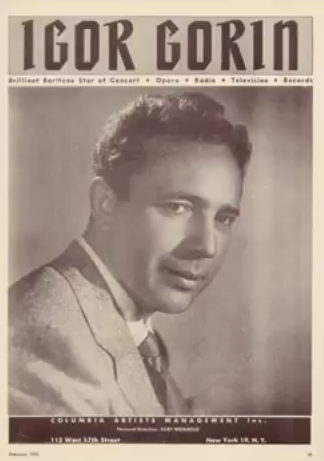
Johann Sebastian Bach: Jesu, Joy of Man’s Desiring (Herz und Mund und Tat und Leben, BWV 147). Orchestra conducted by Carmen Dragon [1955]
